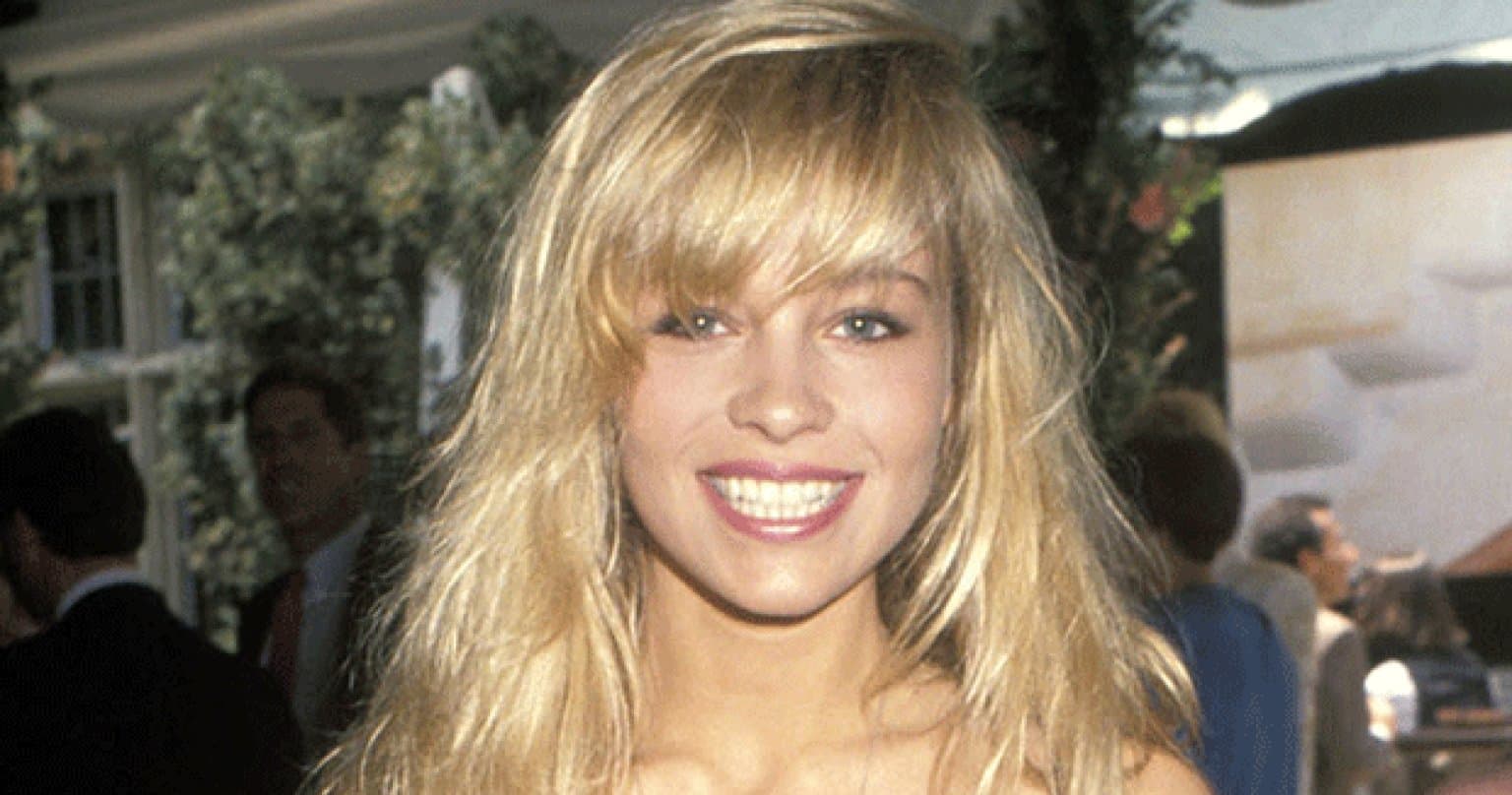Anderson Rare: Pamela Younger's Fascinating Journey
Anderson Rare and Pamela Younger have become a captivating topic of discussion in recent years, drawing attention from enthusiasts and professionals alike. The intersection of their stories presents an intriguing narrative that delves into the realms of art, culture, and personal achievement. This article explores the life of Pamela Younger and her connection to Anderson Rare, offering a comprehensive overview of her journey, accomplishments, and contributions to the industry.
Understanding the connection between Anderson Rare and Pamela Younger involves diving into the world of art preservation, cultural heritage, and professional excellence. Pamela Younger's work has significantly impacted the field, making her a prominent figure in discussions about art conservation and rare artifact management.
This article aims to provide an in-depth analysis of Pamela Younger's career, her association with Anderson Rare, and the broader implications of her work. By exploring her background, achievements, and contributions, readers will gain a comprehensive understanding of her influence in the industry.
Read also:Tom Cruise Kids Now A Comprehensive Look At The Life And Legacy Of Tom Cruises Children
Table of Contents
- Biography of Pamela Younger
- Early Life and Education
- Career Highlights
- Connection with Anderson Rare
- Contributions to the Field
- Challenges Faced
- Impact on the Industry
- Awards and Recognition
- Future Prospects
- Conclusion
Biography of Pamela Younger
Early Life and Education
Pamela Younger was born on January 15, 1978, in Boston, Massachusetts. Her early life was marked by a deep appreciation for art and history, which was nurtured by her parents who were both educators. Her educational journey began at the prestigious Phillips Academy in Andover, where she developed a keen interest in art history.
Pamela pursued higher education at Harvard University, graduating with a degree in Art History. Her academic excellence earned her a scholarship to study at the Courtauld Institute of Art in London, where she specialized in art conservation and preservation. This education laid the foundation for her future career in the field of rare artifacts.
Data and Biodata
| Full Name | Pamela Younger |
|---|---|
| Date of Birth | January 15, 1978 |
| Place of Birth | Boston, Massachusetts |
| Education | Harvard University, Courtauld Institute of Art |
| Profession | Art Conservator, Cultural Heritage Specialist |
Career Highlights
Pamela Younger's career in the field of art conservation has been nothing short of remarkable. Her work with rare artifacts has earned her recognition both nationally and internationally. Her expertise in preserving historical pieces has made her a sought-after professional in the industry.
Throughout her career, Pamela has worked with several renowned institutions, including the Smithsonian Institution and the British Museum. Her ability to handle delicate and rare artifacts with precision has set her apart from her peers.
Notable Projects
- Preservation of ancient Greek pottery at the British Museum
- Restoration of Renaissance paintings at the Louvre
- Conservation of Native American artifacts at the Smithsonian
Connection with Anderson Rare
Anderson Rare, a leading organization in the field of art preservation, has played a significant role in Pamela Younger's career. Her association with Anderson Rare began in 2010 when she was invited to lead a project focused on preserving rare manuscripts. This collaboration marked the beginning of a fruitful partnership that has since yielded numerous successful projects.
The partnership between Pamela and Anderson Rare has been instrumental in advancing the field of art conservation. Their joint efforts have resulted in groundbreaking techniques and methodologies that have set new standards in the industry.
Read also:Top 5 Movie Rulz 2023 A Complete Guide To The Best Cinematic Experiences
Contributions to the Field
Pamela Younger's contributions to the field of art conservation are extensive and varied. Her innovative approaches to preserving rare artifacts have revolutionized the industry, offering new possibilities for future generations.
Her work has not only focused on preserving physical artifacts but also on documenting their histories and cultural significance. This comprehensive approach ensures that the stories behind these artifacts are preserved alongside the objects themselves.
Innovative Techniques
- Development of non-invasive preservation techniques
- Creation of digital archives for rare artifacts
- Advancement of climate-controlled storage solutions
Challenges Faced
Despite her many achievements, Pamela Younger has faced numerous challenges throughout her career. The field of art conservation is fraught with difficulties, from limited funding to the delicate nature of the artifacts themselves.
One of the most significant challenges she has encountered is the lack of awareness about the importance of art conservation. Educating the public and stakeholders about the value of preserving cultural heritage has been a continuous effort.
Overcoming Obstacles
- Advocating for increased funding for conservation projects
- Collaborating with educational institutions to promote awareness
- Utilizing technology to enhance preservation efforts
Impact on the Industry
Pamela Younger's impact on the industry of art conservation cannot be overstated. Her work has not only preserved countless artifacts but has also inspired a new generation of conservators. Her dedication to the field has set a benchmark for excellence and professionalism.
Through her efforts, Pamela has helped bridge the gap between traditional preservation techniques and modern technological advancements. This integration has ensured that the field remains dynamic and relevant in today's rapidly changing world.
Industry Recognition
- Recipient of the UNESCO Heritage Preservation Award
- Honorary Fellow of the American Institute for Conservation
- Keynote speaker at international art conservation conferences
Awards and Recognition
Pamela Younger's contributions to the field of art conservation have been recognized with numerous awards and honors. Her dedication and expertise have earned her a place among the most respected professionals in the industry.
Some of the notable awards she has received include the Smithsonian Conservation Award and the International Council of Museums (ICOM) Excellence in Conservation Award. These accolades underscore her impact and influence in the field.
Key Achievements
- Published several academic papers on art conservation techniques
- Mentored numerous students and professionals in the field
- Developed training programs for aspiring conservators
Future Prospects
Looking ahead, Pamela Younger plans to continue her work in art conservation, focusing on new and emerging technologies. Her vision includes expanding digital preservation methods and creating global networks for conservators to share knowledge and resources.
She is also committed to promoting education and awareness about the importance of preserving cultural heritage. Her efforts aim to inspire future generations to take up the mantle of art conservation and continue the legacy of preserving the world's artistic treasures.
Innovative Initiatives
- Launch of an online platform for conservators to collaborate
- Development of mobile applications for artifact preservation
- Expansion of international partnerships for conservation projects
Conclusion
In conclusion, Pamela Younger's journey in the field of art conservation, particularly her association with Anderson Rare, has been both inspiring and impactful. Her contributions have set new standards in the industry and have inspired countless others to pursue careers in art preservation.
We invite you to share your thoughts and insights about Pamela Younger's work in the comments below. Your feedback is valuable in helping us understand the broader impact of her contributions. Additionally, we encourage you to explore other articles on our website that delve into similar topics and provide further insights into the world of art and culture.
For further reading, we recommend exploring the following resources:


